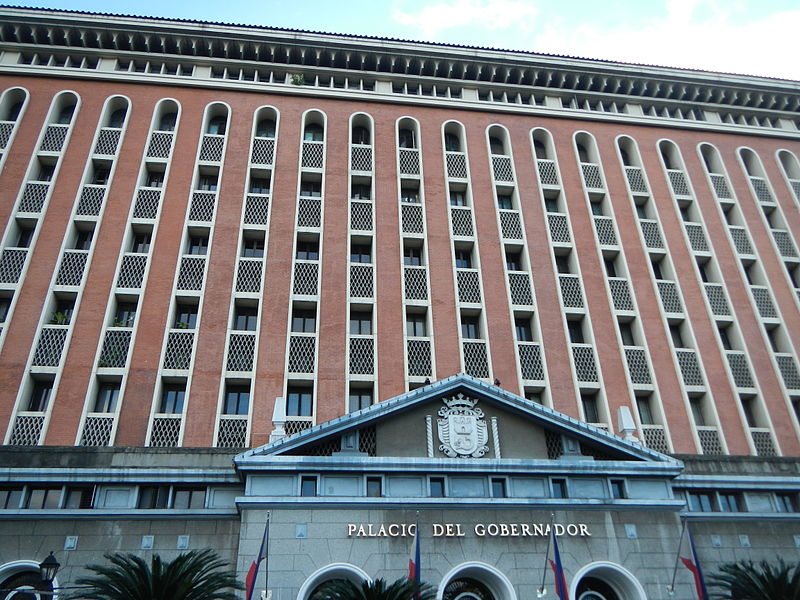Breaking
Probe sought on Comelec voters’ database leak

Commission on Elections (Comelec) at the Palacio del Gobernador Bldg., Gen. Luna St. cor. Andres Soriano Jr. Ave, Intramuros, Manila (Photo: Ramon FVelasquez/Wikipedia)
MANILA—A measure was filed in the Senate on Monday seeking a probe on the current state of the voters’ database in the custody of the Commission on Elections (Comelec) that was reportedly hacked March last year.
Under Senate Resolution No. 260, Sen. Leila de Lima, chair of the Senate electoral reforms committee, sought for an investigation into the Comelec data leaks which allegedly affected 55 million registered voters in the last elections.
The measure is meant to preserve the sanctity and integrity of the entire electoral process starting with the protection of the voters’ registration procedure and all pertinent information.
It also aims to assure that Filipinos’ right of suffrage is free of all threats and malicious interventions from any foreign or domestic sources.
De Lima said that the extent of its damage not only on its voters’ database but also on the integrity of the ordinary people’s personal information should be looked into.
“The rising number of Internet vigilantes who tamper with our people’s right to privacy should be everyone’s cause for worry. The need to preserve the right to privacy should be paramount,” De Lima said.
She explained personal information should be guarded against “unlawful access and manipulation, fraudulent misuse, authorized usage, unlawful destruction, alteration, interference with, and contamination.”
“There is no denying that the Comelec data breach that occurred is indeed unacceptable, and that those responsible should be fully prosecuted and punished, whether they are foreign or domestic actors,” she added.
In its 35-page decision last December 28, the National Privacy Commission (NPC) said Comelec violated Sections 11, 20, and 21 of the Data Privacy Act when it failed to protect the privacy of the voters’ data in its role as “personal information controller”.
The ruling also recommended the criminal prosecution of Comelec Chairman Andres Bautista for failing to ensure the privacy of the voters’ database.
Hackers group, Anonymous Philippines, hacked the website of the Comelec and defaced its contents last March 27, 2016.
Another group, LulzSec Pilipinas, leaked online millions of voter registration data, including names, addresses, and birthdays, among others.





















